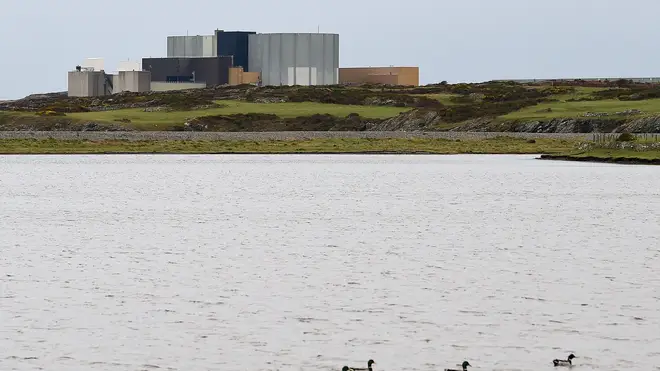
Paul Brand 4pm - 7pm
16 September 2020, 09:22 | Updated: 16 September 2020, 10:56

Hitachi has confirmed it is pulling out of building a £15 billion nuclear power station in Wales.
The Japanese company is abandoning its plans to build the new nuclear power station in Anglesey, off the north Wales coast.
It was hoped the plant would provide thousands of jobs in its construction.
A statement said: "Hitachi made this decision given that 20 months have passed since the suspension, and the investment environment has become increasingly severe due to the impact of Covid-19."
Horizon Nuclear Power has also said it will be ceasing its activities to develop projects at Wylfa Newydd on Anglesey and at Oldbury on Severn in South Gloucestershire following the decision by Hitachi to pull out of the scheme.
Horizon said in a statement: "Horizon will now take steps for the orderly closing down of all its current development activities, but will keep the lines of communication open with Government and other key stakeholders regarding future options at both our sites."
The change is plan is also likely to thwart the UK's ambition to become a net-zero carbon country by 2050.
Work on the Wylfa Newydd project, which is next door to an existing, decommissioned power plant, had already been suspended after Hitachi failed to reach a funding agreement with the UK government, but the planning process continued.

Justin Bowden, national officer of the GMB union, said: “This utterly predictable announcement from Hitachi is the outcome of successive government failures to act decisively around new nuclear, and in particular how it is financed.
"New nuclear is vital in achieving decarbonisation, especially when teamed up with hydrogen.
“It’s no coincidence that around the world – almost without exception – it’s governments who finance these projects, as they are the lender of last resort when it comes to keeping the lights on.
"The fanciful experiment of trying to get foreign companies or governments to fund our future energy needs leaves most ordinary citizens in this country bewildered.”